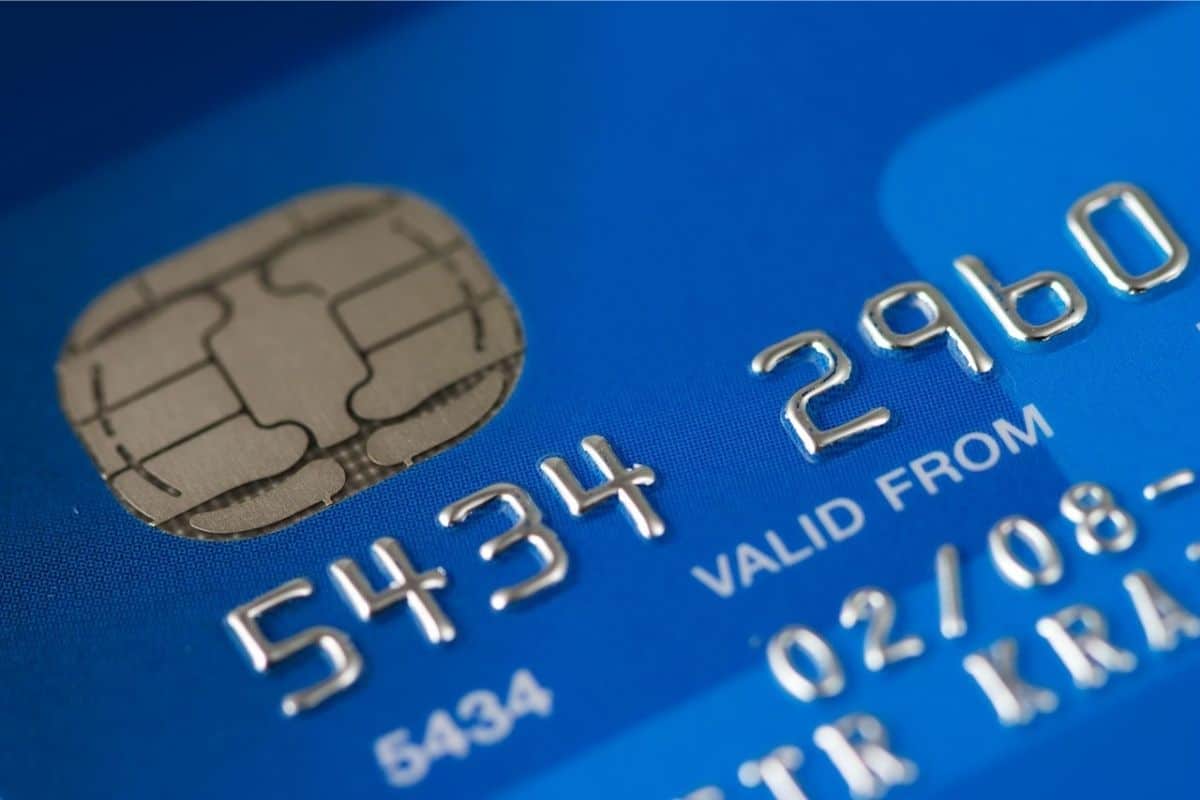A closed bank account can be a result of many things.
You might have an overdraft that you’ve defaulted on and neglected payments on. You might have failed to meet the basic terms of your bank account agreement.
Whatever the reason, a closed bank account can feel like a fairly permanent closed door.
Is there a way to reopen a closed bank account? This is the question we are going to try to answer in the article below.
Accounts That Are Dormant
A dormant account is a bank account that was opened and has subsequently been neglected.
A neglected bank account is one that has not had money deposited into it for a period of time determined by the bank in question.
If your bank account sits unused, then the bank is not making any profit, and they are actually operating at a loss as a result of the dormant account.
So the only natural solution for the bank is to close the account completely. That way, they stop losing money.
If your account has been closed because of a lack of activity, then it is a fairly simple process to reopen the account.
You just need to ring up the bank or go in person to talk to a bank worker.
There will be some stipulations that you have to adhere to, such as honoring your original bank account agreement.
This will normally entail depositing a set amount, such as your salary, etc., into your account on a monthly basis.
Accounts That Carry a Risk
You are considered as a risk to a bank if you frequently go over your overdraft limit, or have regular bouncing charges.
These can be direct debits that aren’t covered by the funds in your account or bills that get returned charges because you don’t have enough money to fulfill them.

It will take a prolonged period of this sort of activity before your bank shuts your account.
You should also receive fair warning and communication from the bank about your incoming potential closure.
If your bank account has been closed due to lack of payment or excessive unpaid charges, then the process of reopening it may be more difficult than if it were closed for other reasons.
Firstly, the debt that has accumulated on the account will need to clear in full.
Even after this happens, you may not be accepted for a reopening agreement on your account, as banks have a strict criterion.
A negative balance needs to be back in positive figures through any payment methods before you will even be considered for reopening.
This criterion determines who they are and are not willing to do business with. Everyone has a credit profile, and their risk is assessed from this.
If you have misused credit or failed to make repayments, you are less likely to be able to reopen your account after it has been closed.
Accounts With Suspected Fraud Activity
Sometimes your account may be closed or frozen owing to suspected fraudulent activity.
All accounts that a bank manages are monitored for any suspicious activity. Fraudulent activities are a wide scope of things.
Fraud activity can be things like unexplained and large amounts of money that appear suddenly in your account. Things like this will be flagged by your bank.
If your account is flagged by your bank, there will more than likely be an investigation into the new activity.
If they decide to close it, you will receive an explanation.
If your account is closed because of proven fraudulent affairs, then it will be extremely difficult to be open again.
You will either have to go through a formal complaint and protest procedure or accept the closure and open an account elsewhere.
How To Deal With A Closed Account
Contact Your Bank
If you find that your account has been closed, and you don’t know why the first step is to make contact with the bank.
The bank legally owes you an explanation for any account that they close.
Chances are that before your account was closed, you will have received multiple warnings and communication, either written or electronic.
Once you have your explanation, you are armed with the knowledge that you need to take the next steps.
Every bank, though governed by similar principles, has its own rules and dictations.
Therefore, you should make contact with your specific bank to find a solution.
Generalized advice online is all well and good, but it might not be applicable to your specific situation.
Take Action
Depending on the reason, the action that you take may or may not lead to your account being reestablished.
If you are in debt on your account, make moves to pay it all off in full as soon as possible.
A negative balance can have a real negative impact on your credit file and your ability to open future bank accounts.
This includes things like overdraft fees that can add up fast as well.
If your account has been ignored for a while, it’s time to add some funds. Direct deposits are the fastest and most time savvy way to add money to your account.
If you are being investigated for fraud, supply as much evidence as you are able to, in order to counteract the accusation.
Have Patience
Reopening an account can be a short process or a long process. Again, it depends on the reason behind why it was closed in the first place.
If you work with the bank and allow time to find a solution, hopefully, your problem will be resolved in the most amicable way.
Conclusion
Unfortunately, it’s not always possible to reactivate an account that has had action taken on it by your bank.
While you may hope for a fast resolution, it doesn’t always work out that way.
However, there are steps to follow to try to work with the bank in order to find a way forward.
It can be a simple mistake on the banks’ part, you just have to open the lines of communication.
